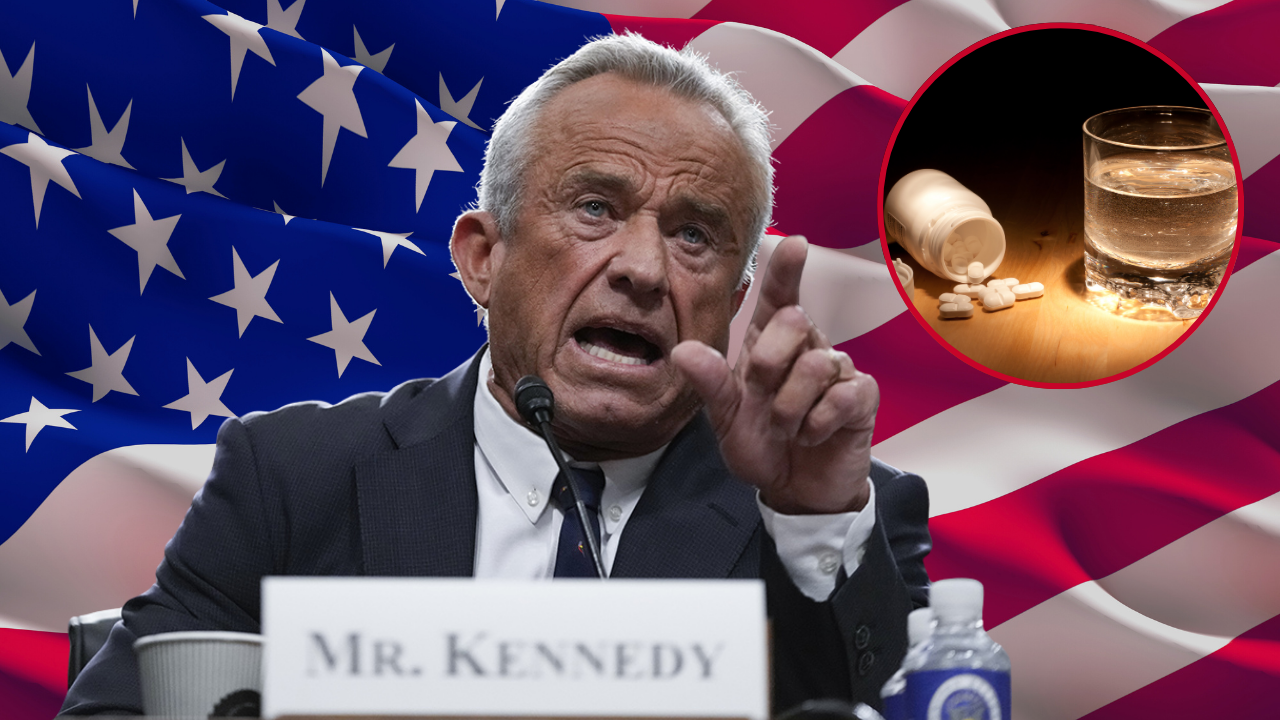RFK Jr. Claims Tylenol After Circumcision May Be Linked to Autism

(Credit-Ben Curtis/AP & Canva)
SummaryRecently another claim regarding the Tylenol and autism debate has been made by the Trump administration’s US health secretary Robert F Kennedy Jr. The new claim specifies that circumcision can also be linked to autism; this has sparked another conversation. How accurate are these claims and what do experts say?
End of Article
